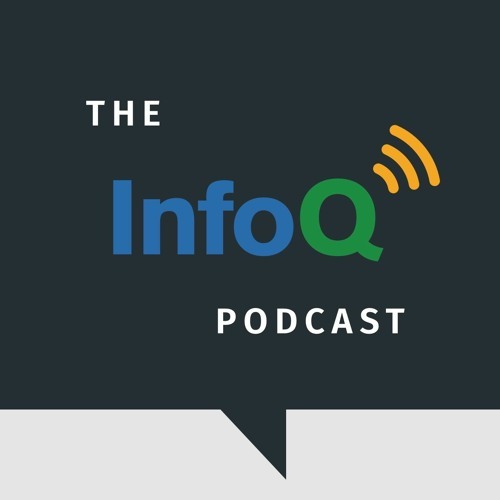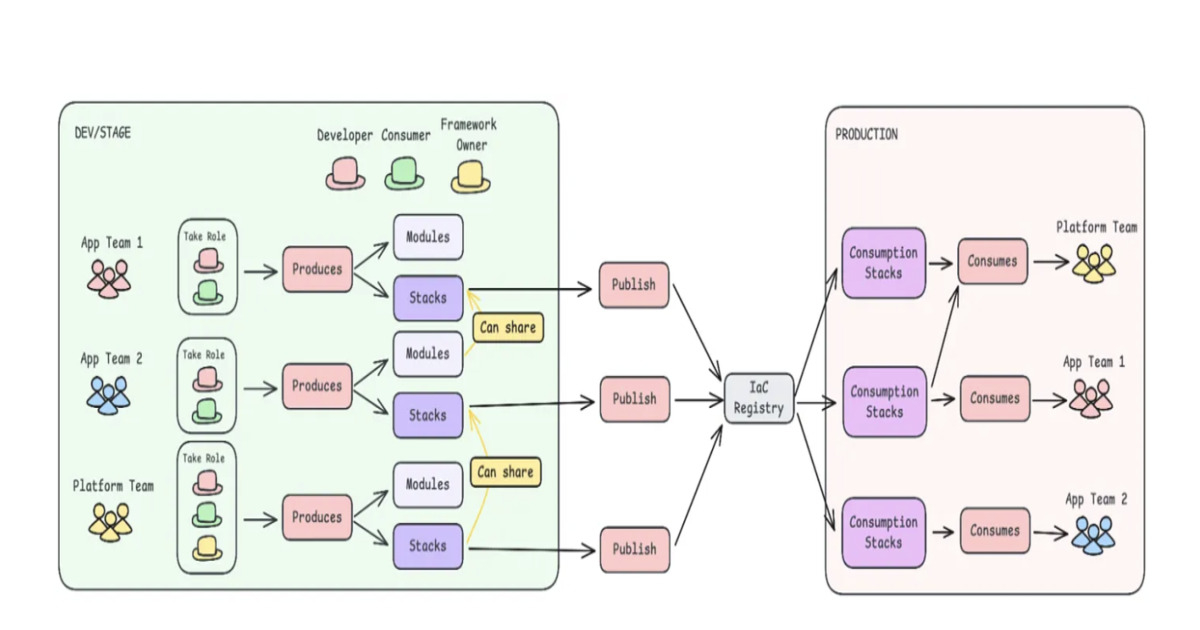Codetown
Codetown ::: a software developer's community
Cross-Platform Mobile Development
Mobile devices prove to be a setback for cross-platform software development, but I hope it will be a minor one. At present, Android totally dominates the mobile market both in terms of hardware and software volume. As well, mobile devices are overtaking desktops for overall usage as we speak. But Linux, as open-source-friendly as it is appears to be getting the rub from Google, so where are we?
As Google continues to grumble about not controlling the world, they're leaking details about a new generations of phones not based on Linux, but on their own home-grown operating system (OS), Magenta. Meanwhile, Apple is doubling down on their proprietary platform with the introduction of Swift, their brand-new shiny programming language. Microsoft is 10 minutes late with Starbucks while literally trillions of dollars of Android and iOS devices have already graced the market.
But there are a few rays of promise for a more unified mobile future. First, cross-platform development has become widely accepted, with several major players, SaaS app store distribution, and even a foundational Apache project, namely, Cordova. Secondly, OS owners are showing some willingness to embrace that approach: Google's leaks include talks of their own IDE producing code for iOS, etc., Microsoft's collaboration with Xamarin, and new sprouts like Ubuntu choosing a language designed for portability. Finally, the peace treaty that is EcmaScript 2015 has cause web-browser technology based on HTML5 and JavaScript to explode, fostering a new era of platform-independent frameworks specifically designed for web and mobile.
Those major players have carefully plotted their moves to foster business ties with their suppliers, partners, and consumers alike. But that's always been their game. Open, free hardware and operating systems doesn't raise their profit margins: at least they have to sell ads, right? No, the reality is the US military has been steering their battleships with GPS since 1978. The fact that we could find restaurants based on our location until only recently is simply a matter of control. This is quite the opposite of the Enlightenment, where wealthy lords freely gave anyone willing and able to learn total knowledge of every subject possible. The point is: eventually power returns to the people.
For today and tomorrow, I'll be visiting caniuse.com to press the envelope of JavaScript development. Combined with private and hybrid cloud, I'm seeing modern, scalable infrastructure compatible with legacy systems in the enterprise. While business is business as usual, the bottom line keeps dropping, making it harder and harder for proprietary players to hold their mobile OS line of business. They'll have to open up their technology or go the way of Ma Bell. Just ask them how many land-lines they sell these days...
* Ismail Jones is a freelance web and mobile developer, owner of Azizah Solutions, and software architect at Cerner Corporation.
Notes
Welcome to Codetown!
 Codetown is a social network. It's got blogs, forums, groups, personal pages and more! You might think of Codetown as a funky camper van with lots of compartments for your stuff and a great multimedia system, too! Best of all, Codetown has room for all of your friends.
Codetown is a social network. It's got blogs, forums, groups, personal pages and more! You might think of Codetown as a funky camper van with lots of compartments for your stuff and a great multimedia system, too! Best of all, Codetown has room for all of your friends.
Created by Michael Levin Dec 18, 2008 at 6:56pm. Last updated by Michael Levin May 4, 2018.
Looking for Jobs or Staff?
Check out the Codetown Jobs group.
InfoQ Reading List
Vue Router 5: File-Based Routing Into Core with No Breaking Changes

Vue Router 5.0 has integrated unplugin-vue-router into its core, enhancing file-based routing and TypeScript support. This transition release boasts no breaking changes, simplifies dependencies, and introduces experimental features like data loaders and improved editor tooling. Ideal for Vue.js developers, it positions itself as a bridge to the upcoming ESM-only version 6.
By Daniel CurtisPodcast: [Video Podcast] AI Autonomy Is Redefining Architecture: Boundaries Now Matter Most

This conversation explores why generative AI is not just another automation layer but a shift into autonomy. The key idea is that we cannot retrofit AI into old procedural workflows and expect it to behave. Once autonomy is introduced, systems will drift, show emergent behaviour, and act in ways we did not explicitly script.
By Jesper LowgrenGoogle Launches Automated Review Feature in Gemini CLI Conductor

Google has enhanced its Gemini CLI extension, Conductor, by adding support for automated reviews. The company says this update allows Conductor "to go beyond just planning and execution into validation", enabling it to check AI-generated code for quality and adherence to guidelines, strengthening confidence, safety, and control in AI-assisted development workflows.
By Sergio De SimoneFrom Central Control to Team Autonomy: Rethinking Infrastructure Delivery

Adidas engineers describe shifting from a centralized Infrastructure-as-Code model to a decentralized one. Five teams autonomously deployed over 81 new infrastructure stacks in two months, using layered IaC modules, automated pipelines, and shared frameworks. The redesign illustrates how to scale infrastructure delivery while maintaining governance at scale.
By Leela KumiliGoogle Publishes Scaling Principles for Agentic Architectures

Researchers from Google and MIT published a paper describing a predictive framework for scaling multi-agent systems. The framework shows that there is a tool-coordination trade-off and it can be used to select an optimal agentic architecture for a given task.
By Anthony Alford
© 2026 Created by Michael Levin.
Powered by
![]()